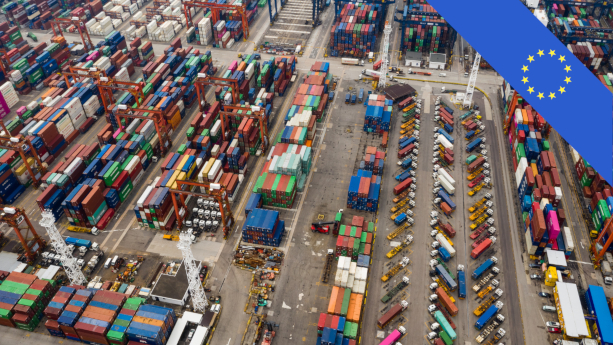
Companies importing products to the European Union are required to comply with the General Product Safety Regulation (GPSR). In practice, this means that importers are required to verify that their products are compliant with applicable product standards, correctly documented, and labelled.
In this guide, we take a closer look at how the General Product Safety Regulation applies to importers, and how you can determine if you are defined as an importer in the first place.
Content Overview

FREE CONSULTATION CALL (30 MIN)
 Ask questions about compliance requirements
Ask questions about compliance requirements Countries/markets:
Countries/markets:
 Learn how we can help your business
Learn how we can help your business
You will speak with:Ivan Malloci or John Vinod Khiatani
What is the definition of importers under the GPSR?
Importers are defined as companies or individuals established in the European Union, procuring products from countries outside the EU. This definition comes from Article 3 of the GPSR:
‘Importer’ means any natural or legal person established within the Union who places a product from a third country on the Union market;
Are we importers if we import branded or custom-designed products?
No, if you import products that are manufactured according to your design specifications or with your brand, then you are likely the manufacturer. This also means that you assume the responsibilities of a manufacturer rather than an importer.
‘Manufacturer’ means any natural or legal person who manufactures a product or has a product designed or manufactured, and markets that product under that person’s name or trademark;
Are we importers if we procure products from another EU country?
No, the definition of an importer only extends to EU-based companies buying products from outside the EU. As such, a company importing goods from the UK or China is deemed to be an importer, but not an EU company buying from another EU member state.
Are importers responsible for ensuring compliance with the GPSR?
Manufacturers are generally required to make the product compliant, while importers are required to verify that the manufacturer has done its job properly. Whereas manufacturers must ensure that their products are safe, tested, documented and correctly labelled – importers are responsible for checking documentation and labels.
How can importers comply with the GPSR?
Importers are responsible for checking that the manufacturer has all the required documentation and labels in place. This in turn requires that importers know exactly what documentation to ask for, and how to determine that these documents are correct. The following summary is based on what’s written in Article 11 of the GPSR, which outlines importer obligations.
Product safety and testing
Importers must check that products meet the general safety requirements. This in turn requires that the manufacturers can demonstrate compliance with harmonised or other standards, and test reports that verify compliance with these. As such, importers must request and verify test reports.
It’s therefore important that the importer can answer these questions:
1. Are there harmonised standards for this product?
2. If not, are there other standards that apply?
3. Can the manufacturer provide test reports that demonstrate compliance with these standards?
Technical documentation
The manufacturer is responsible for drafting technical documentation. The importer, on the other hand, must obtain this documentation and verify that it is correctly drafted. Importers must also keep a copy of technical documentation for 10 years.
Traceability labelling
The manufacturer’s company name, postal address, and electronic address must be present on the product or packaging, and user instructions. In addition, the EU importer’s company name, postal address, and electronic address must also be present.
Other labelling requirements
Manufacturers are required to ensure that products come with warning texts or safety instructions when the nature of the product requires this. The importer must assess if that is the case, and if the warning texts or safety instructions are adequate. In addition, age group information may also be required.
Are non-EU importers responsible for complying with the GPSR?
The definition of an importer only extends to companies based in the European Union. As such, a non-EU company cannot be considered an importer under the General Product Safety Regulation.
Case studies
Here are some scenarios that can help you understand whether your company assumes the responsibility of a manufacturer or an importer.
Importing OEM electronics from a contract manufacturer in China
A company contracting an electronic product to be manufactured by an OEM in China is technically importing a product but is still defined as a manufacturer. This means that the company assumes the responsibility of the manufacturer, rather than an importer.
Importing branded private-label clothing from Turkey
Likewise, companies procuring products with their own brand are normally deemed to be manufacturers. Hence, companies ordering private-label products are often manufacturers rather than importers.
Importing power tools from a brand in the United States
In this case, you are not designing the product, or having it branded. Instead, you are importing manufacturer-branded products for sale in the EU. In this case, you are likely the importer.
Buying products from a manufacturer within the EU
Companies buying from manufacturers in other EU member states are not deemed to be importers, as this only covers products imported from outside the EU.
Is it mandatory to specify both the importer and manufacturer on the label?
Article 9 states that manufacturers must include their company name, postal address, and electronic address. This is also reflected in Article 11, which requires the importer to also include their corresponding information. However, the inclusion of importer information on the label does not negate the need to keep the manufacturer’s details present. This means that importers must declare the name of the manufacturer.
Are importers defined as a responsible person?
Yes, importers are deemed to be the responsible person when the manufacturer is not established in the EU.

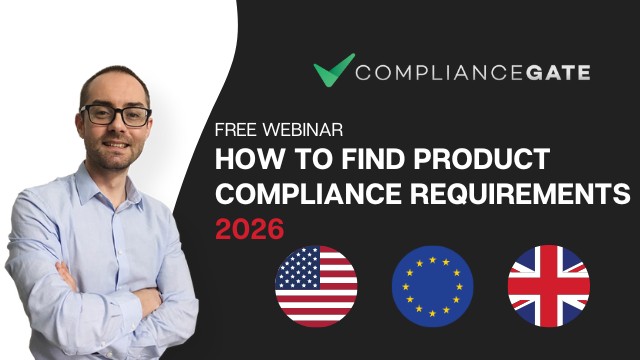
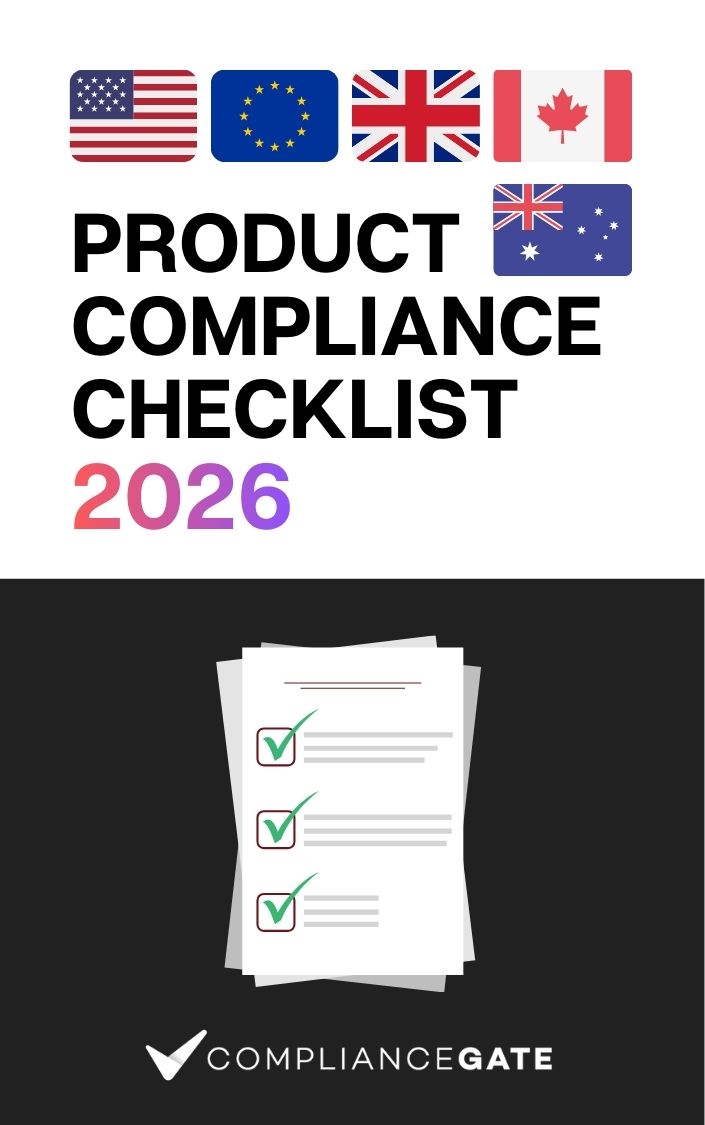




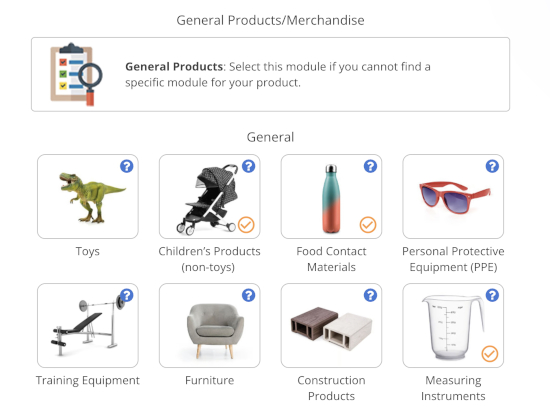






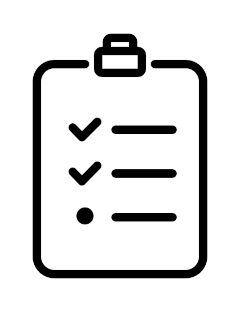


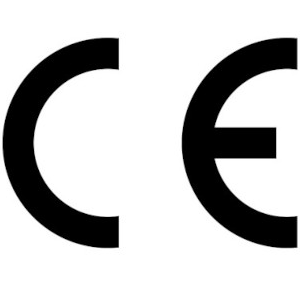




.png)
.png)
.png)



